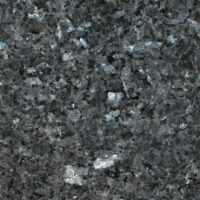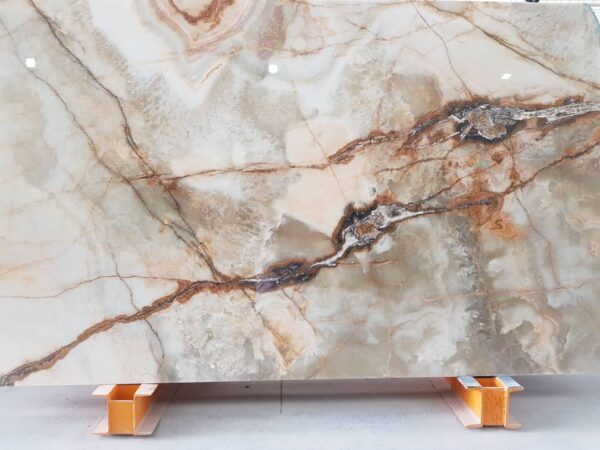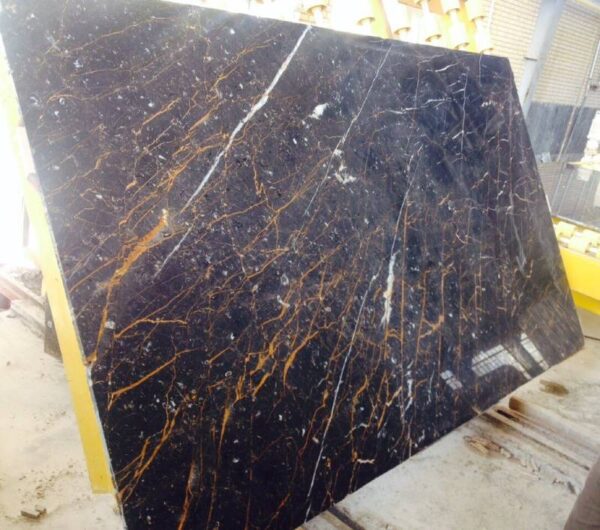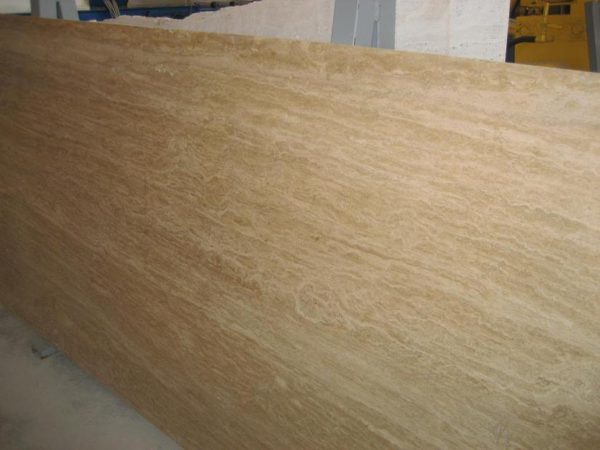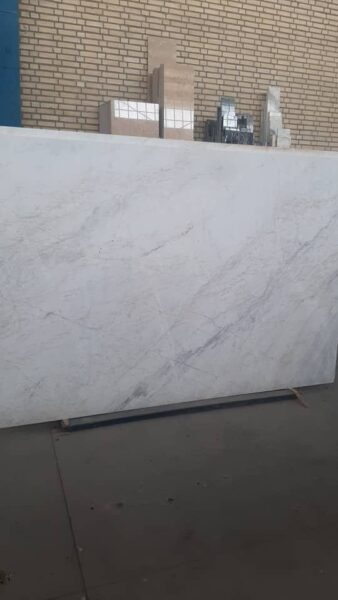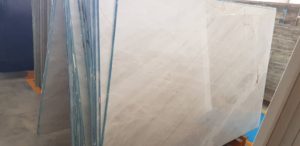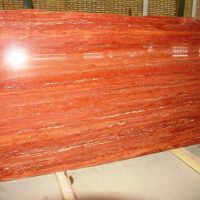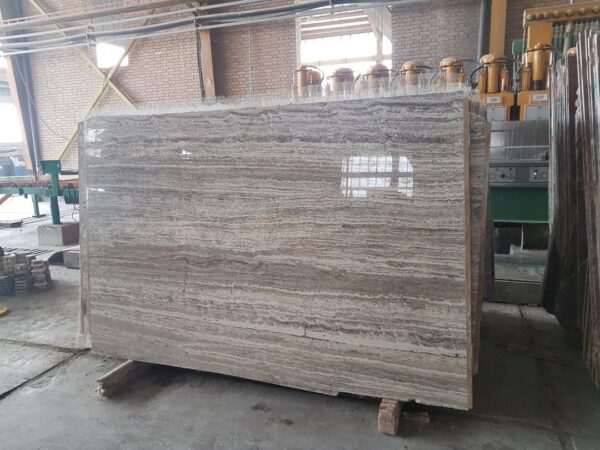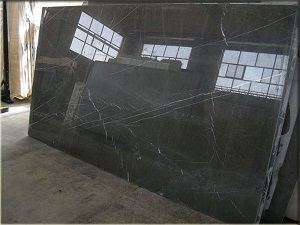How to Identify and Prevent Water Marks
Did Water Stain Granite? Understanding Water Stains on Granite Countertops
Granite countertops are known for their durability, beauty, and resistance to many types of damage. However, some homeowners may notice water stains on their granite surfaces over time. This often raises the question, Did water stain the granite? While granite is generally resistant to water, improper maintenance or a lack of sealing can make it susceptible to staining. In this guide, we will explore how water can affect granite, how to remove stains, and tips to prevent future damage.
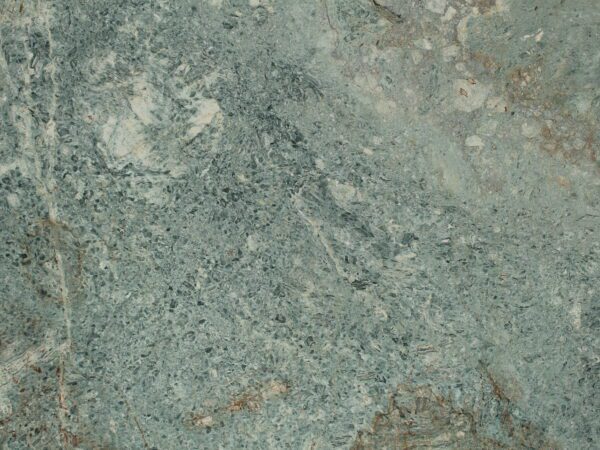


How Water Stains Granite
Granite is a natural stone, and like many stones, it is porous. This means that if it is not properly sealed, water can seep into the tiny pores and cause discoloration. Water stains on granite often appear as dark spots or rings, especially around sinks or areas where water tends to accumulate. Here’s how water can stain granite:
- Standing Water: If water is left on granite surfaces for extended periods, it can penetrate the stone and cause temporary or permanent stains.
- Hard Water: Water that contains a high concentration of minerals, such as calcium and magnesium, can leave behind mineral deposits when it evaporates, resulting in white, cloudy spots on the surface.
- Soap and Water Residue: When combined with cleaning agents or soap, water can leave a film or residue that dulls the shine of your granite countertops.
While water stains are common, they are usually manageable with proper care.
https://www.rockstone.biz/what-is-granite/
How to Identify Water Stains on Granite
Water stains are often easy to recognize, but it’s essential to identify the type of stain so that you can choose the right cleaning method. Here are the common types of water stains on granite:
Dark Spots
These spots are caused by water absorption into the stone. If the stone has not been properly sealed or the sealant has worn off, water can seep into the granite, leaving dark patches.
White or Cloudy Spots
These are often caused by mineral deposits from hard water. When hard water evaporates, it leaves behind minerals like calcium and magnesium, resulting in white, chalky spots or rings.
Soap Residue
Sometimes, the combination of water and cleaning products can leave behind a soap film that dulls the surface. This often happens near sinks or areas frequently cleaned with soap and water.
How to Remove Water Stains from Granite
If you notice water stains on your granite, don’t panic. Most water stains can be removed with simple cleaning techniques. Here’s how to get rid of them:
Dark Water Stains
For dark spots caused by water absorption, the solution is usually time. Allow the water to evaporate naturally, and the dark spots should disappear. To speed up the process, you can use a hair dryer on a low setting to gently heat the area, helping the water to evaporate more quickly.
Hard Water Stains
To remove hard water stains, mix a solution of equal parts water and vinegar. Lightly scrub the stained area with a soft cloth or sponge. After cleaning, thoroughly rinse the surface with water and dry it immediately. However, be cautious when using vinegar, as granite can be sensitive to acidic substances. Always test a small area first.
Soap Film
If soap residue is dulling your granite, use a pH-balanced cleaner specifically designed for natural stone. Alternatively, you can wipe down the surface with a mixture of water and isopropyl alcohol to cut through the film.
Dark green Granite Special price
How to Prevent Water Stains on Granite
Prevention is key to keeping your granite countertops looking pristine. Here are a few tips to avoid water stains in the future:
- Seal Your Granite: Regularly apply a high-quality granite sealer to create a protective barrier against water and other liquids. Sealing your granite once a year or as needed will prevent moisture from penetrating the stone.
- Wipe Up Spills Immediately: Don’t let water sit on your countertops. Wipe up spills as soon as they occur, especially around sinks or high-moisture areas.
- Use Coasters and Trivets: Placing coasters under drinks and trivets under hot pans will prevent water rings and heat damage to your granite surfaces.
- Clean Regularly: Use a soft cloth and a pH-neutral cleaner to wipe down your countertops daily. Avoid harsh or acidic cleaners, which can damage the sealant over time.

